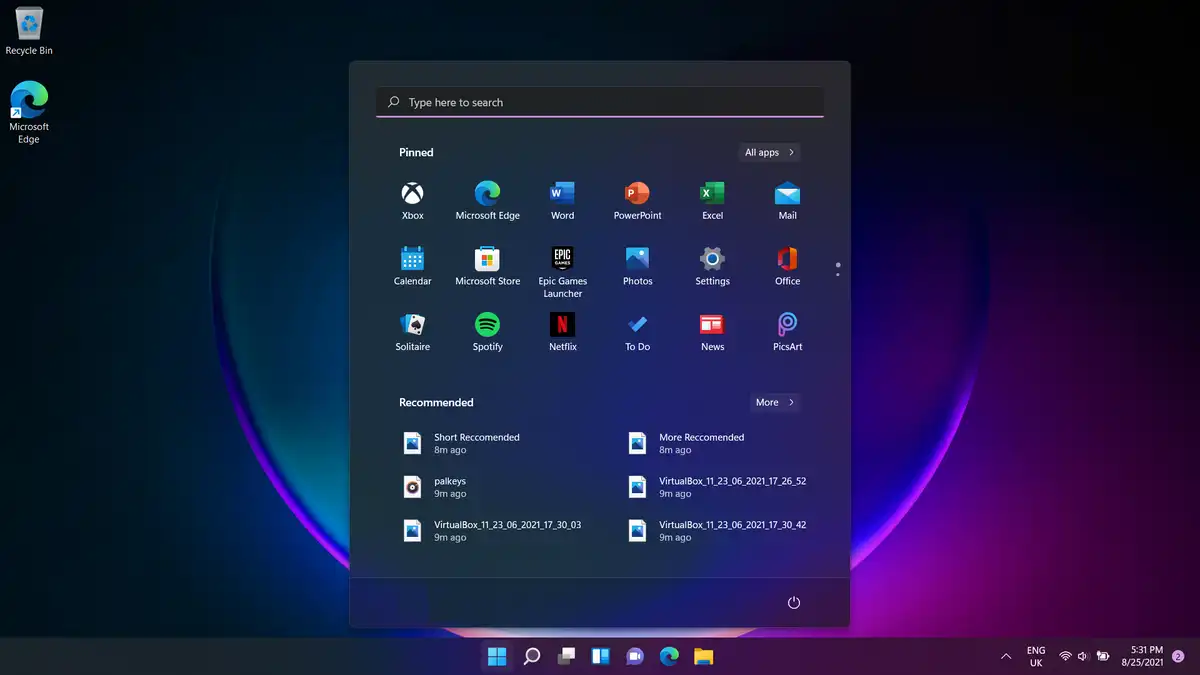9 Essential Skills for Angular Web Developers
Angular is one of the most popular web development frameworks because it has a number of features that are hard to overlook. Angular developers benefit from numerous things, including code uniformity, early error detection, ease of maintenance, and a robust online open-source MEAN Stack community. Passion and in-depth expertise are necessary for web development to succeed, according to my work at a custom software firm with extensive experience in the banking, healthcare, and logistics industries. Angular interceptor need more than just technical expertise; they also need certain character traits. To learn more about which skills are crucial and how to improve them, continue reading.

List of 9 Best Skills for Angular Web Developers
1) CSS/ SCSS/ SASS
Cascading style sheets (CSS) are used in web development to style HTML. To style your website, you can use any one of three methods: vanilla CSS, a CSS framework, or a preprocessor like Sass. CSS may be used in a variety of ways using a wide range of tools. While searching for a framework or tool for your project, you may have come across Bootstrap or Tailwind CSS. What’s the difference between these two CSS frameworks, and which one should you use?
Angular web design is also a vital competency. There are two scripting languages you’ll need to learn in order to create stunning design styles: CSS (Cascading Style Sheet) and SCSS (Sassy SCSS).
Files with.css and.scss extensions are available. More complex capabilities are available in SCSS than in standard CSS. For Angular developers, SASS (Syntactically Awesome Stylesheets) is a requirement. An SCC preprocessor with many variables, loops, and other helpful functions is available here.
2) Tailwind SCC
Having too many tools and frameworks is not enough when it comes to responsive web design. Composing distinct classes, like as flex or pt-4 in your markup, is possible using Tailwind SCC’s framework. A custom UI library of responsive components and templates is also provided by Tailwind.
Also Read: What is Java Programming?
3) Typescript
Angular is an open-source framework developed by a large group of Google developers. AngularJS, on the other hand, is a front-end web application framework built on top of TypeScript.
Static typing is provided by TypeScript, a programming language. By designing your types using interfaces, you may minimise coding mistakes and make your code more legible.
Furthermore, it’s impossible to ignore the benefits of current IDEs’ automated code completion. The Angular team also provides an outstanding tool, such the TSC (TypeScript Compiler), with the in-house language service that enables checking and auto-completion within inline and external templates. Plugins for the most popular IDEs are available to help with this (VSCode, Sublime and Webstorm).
4) Jenkins
Here’s a new tool in the Angular developer’s inventory. Continuous integration and delivery (CI/CD) of software components into an application programme is made easier with Jenkins, a web-based, scalable software solution.
Even though it’s free to use, Jenkins has a big online community that’s ready to assist you whenever you need it. It also comes with more than a thousand plugins designed to make your job more efficient.
5) Firebase
Angular developers must also know how to use Firebase. Google is presently developing it as a platform for mobile and online application development.
Developers may use a Software Development Kit (SDK) to deliver more efficient and effective programming interfaces on a wide range of platforms by employing these tools and infrastructure.
6) JHipster
Angular developers have a few reasons to adopt JHipster, which is derived from Java Hipster. Since it is free and open-source software, you may use it to quickly create web apps using organised source code based on CRUD functions.
As a second benefit, this application provides easy-to-use user administration and microservices. Elasticsearch, Websocket and NoSQL databases are all supported, as well as auto-deployment to Heroku and other cloud platforms.
Also Read: Connected Cars and the Internet of Things: 4 Areas for IoT developers
7) RxJS
JavaScript package RxJS (Reactive Extensions for JavaScript) provides a large range of operators to link both synchronous and asynchronous applications. When it comes to LINQ-like queries, RxJS has you covered. Angular developers need to know how to use this library to keep track of their application’s state.
Data streams from files or online services, service requests from the web, system notifications, or a succession of events like some user input can all be examples of data sequences in action. All of these data sequences are presented as observable sequences using Reactive Extensions. When fresh data is received, it can be registered by an application to get asynchronous notifications.
8) Docker
Because Docker streamlines the deployment of Angular apps, it is an essential piece of free software. With Docker, web applications are containerized (created as containers) to make deployment quicker and easier.
The Docker programme requires a number of components, all of which may be downloaded and installed on a computer prior to usage.
Angular apps can be dockerized by starting the Docker VM, creating a Docker file, and putting it in the app folder. Then, using $ Docker develop, create an image from the Docker file and execute your app on it.
9) The Ability to Estimate
It is common for developers to disagree on the scope of the estimate. This is something that all new software engineers should be made aware of and educated on. Estimates are, of course, project-specific in nature. If you don’t have this talent, you won’t be able to complete your projects.
Example: requirements and technical specifications discussed with your customer; the needed angular architecture; implementation; testing; documentation; developers; and estimates of quality. The list could go on and on, but I think you get the idea. When it comes to developing Angular applications, the ability to accurately estimate the time and resources required is essential.
Conclusion
For IT workers in the IT industry, this isn’t only for Angular developers. You can’t develop useful and meaningful projects unless you’re passionate about the technologies and frameworks you’re working with. ” You might be able to accomplish it, but if you don’t enjoy your job, you’ll eventually burn out and become dissatisfied with it.
So these were the top 9 essential or desperate skills required for an Angular web developer to fulfil its position in the IT Field.




